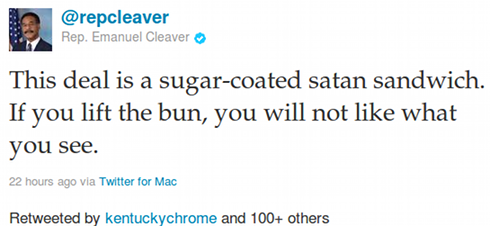Xtreme nerdview
I don't do surveys, so don't ask. I cannot afford a quarter of an hour answering an ill-designed list of questions for you so that your manager can use the scientifically worthless results to make out a case that your service unit is doing a good job. And don't call me on the phone and tell me you're doing some social science research, because I just know there will be a follow-up call trying to sell me carpets or enrol me in a political action committee. However, my colleague Bob Ladd encouraged me to do a survey about the new building in which the School of Philosophy, Psychology and Language Sciences lives its generally happy life at the University of Edinburgh. He told me there would be a treat at the end in terms of what I have dubbed nerdview. And boy, was there a treat. The survey was terrible — hopelessly designed, and will yield worthless results — but the feedback to the user at the end did indeed give me the best example of nerdview I ever saw.
Read the rest of this entry »
Permalink Comments off
